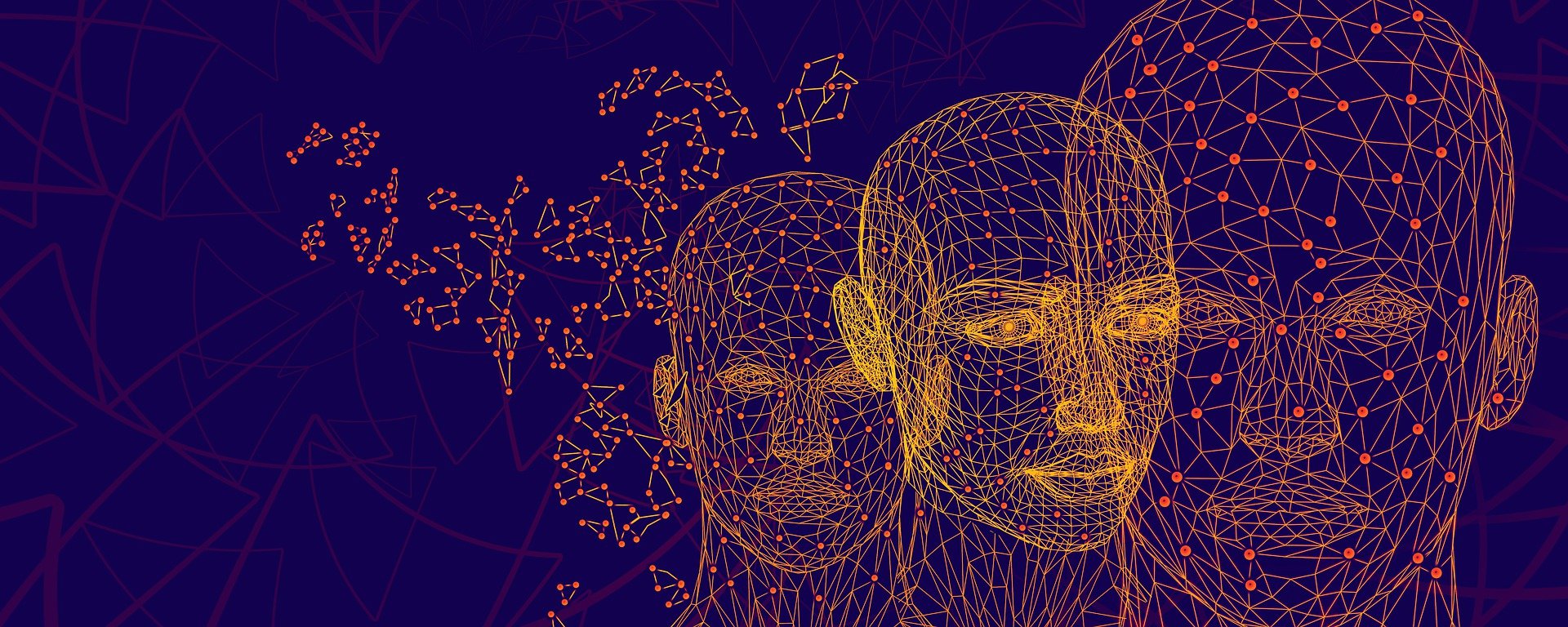The disruptive effects of the COVID-19 outbreak have impacted almost all sectors of our society. Higher education is no exception. A study by Aucejo et al (2020) about 1500 students reported that the COVID-19 outbreak had large negative effects on students’ current labour market participation and expectations about post-college labour outcomes. Around 40% of students lost a job, internship, or a job offer, and 61% reported to have a family member that experienced a reduction in income. The pandemic also had a substantial impact on students’ expectations about their labour market prospects post-college/university. For example, their perceived probability of finding a job before graduation decreased by almost 20%. The new graduates are now competing not only with other graduates but also with 700,000 experienced work force in the UK alone who lost their jobs due to the pandemic (ONS, September 2020).
Added to the fear of contracting the virus in a pandemic are the significant changes to the daily lives as the movements are restricted in support of efforts to contain and slow down the spread of the virus. Faced with new realities of working from home, temporary unemployment and lack of physical contact with others has increased stress and anxiety. Mental health and academic achievement are linked, research shows. Chronic stress changes the chemical and physical structure of the brain, impairing cognitive skills like attention, concentration, memory, and creativity. “You see deficits in your ability to regulate emotions in adaptive ways as a result of stress,” said Cara Wellman, a professor of neuroscience and psychology at Indiana University.
The project supports young generation to develop key skills to prepare them for the future job market by providing a VR training programme for them to find out about themselves, what jobs require and develop key Life Skills for it. The proposed VR system will have a module to enable the youth to recognise their talents and abilities which then can be used to match future job requirements. The proposal targets primarily those in the tertiary system specifically those recently graduated. The idea is to inspire and prepare young people for success by removing anxiety to fail hence allowing young people to learn by discovery and by doing, taking risk which is managed to some degree by their teachers. By using Holland’s RAISEC criteria the vision is to give the young generation a chance to understand what areas they are inclined to succeed by determining if they are Doers (Realistic), Thinkers (Investigative), Creators (Artistic), Helpers (Social), Persuaders (Enterprising) or Organizers (Conventional). This together with opportunity to develop key life skills (Ziarati, 2020), such as i) developing and managing self, ii) working as a member of a team, iii) communicating effectively, iv) maintaining physical and mental fitness, v) applying technology, vi) managing
time, vii) defining and solving problems and viii) design skills, they will have a greater chance of finding and keeping a job.
With well thought games and quizzes the proposed app will let the users understand themselves better and choose a path according to their strength and interest. The proposed project intends to take full advantage of the VR both as tool to identify interest and strength of young people, and a tool to develop skills particularly those considered as
keys to success. The VR industry as a whole is growing fast, with the market projected to increase from 6.2 billion U.S. dollars in 2019 to more than 16 billion by 2022 (Statista.com). With a set of well thought tests, the proposed app will allow users to take part in carefully organised quizzes that they will experience for themselves with the VR technology, all the while without getting bored or finding it dreadfully dull. The proposed project aims to solve the problem of giving the youth the necessary skills and knowledge for them to find and retain good jobs in the future.
The project consortium has 6 partners from 5 countries with ideal balance of training institutes, HEIs, research centres and business from participant country. This consortium includes key stakeholders, necessary for implementing this kind of project, such as: VR specialists (INESC TEC – INSTITUTO DE ENGENHARIADE SISTEMAS E COMPUTADORES,
TECNOLOGIA E CIENCIA (INESC) from Portugal, ARTES 4.0 Advanced Robotics and enabling digital TEchnologies & Systems (ARTES) from Italy), e-learning and Cloud application specialists (Centre for Factories of the Future (C4FF from UK)), VET and Training Institutes (AINTEK SYMVOULOI EPICHEIRISEON EFARMOGES YPSILIS TECHNOLOGIAS
EKPAIDEFSI ANONYMI ETAIREIA (IDEC from Greece), Mediterranean Maritime Research and Training Centre Coop. Soc. Ltd. (MMRTC from Malta)) and HEI – university (Fondazione Polo Universitario Grossetano from Italy).


Comments are closed